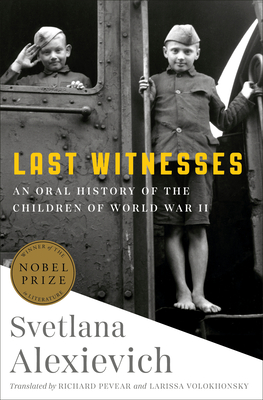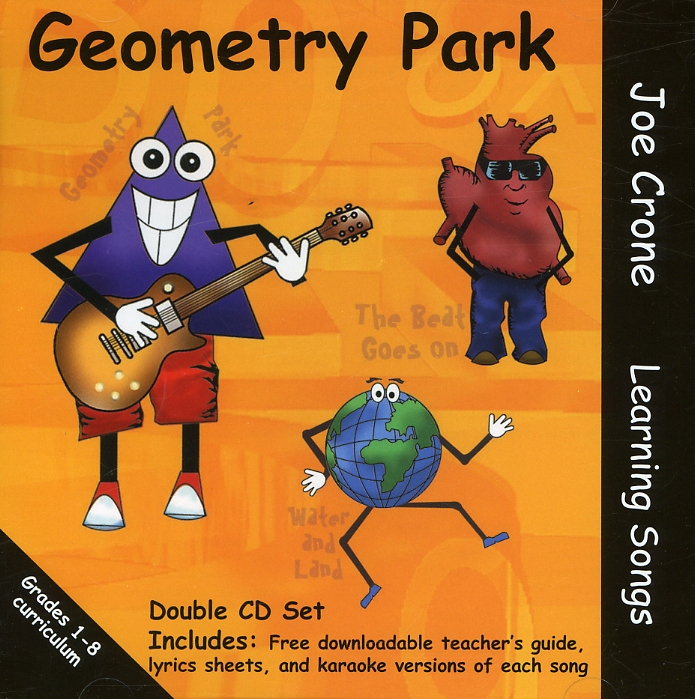
Alexievich, Svetlana
product information
description
5"A masterpiece" (The Guardian) from the Nobel Prize-winning writer, an oral history of children's experiences in World War II across Russia NAMED ONE OF THE BEST BOOKS OF THE YEAR BY THE WASHINGTON POST For more than three decades, Svetlana Alexievich has been the memory and conscience of the twentieth century. When the Swedish Academy awarded her the Nobel Prize, it cited her for inventing "a new kind of literary genre," describing her work as "a history of emotions . . . a history of the soul." Bringing together dozens of voices in her distinctive style, Last Witnesses is Alexievich's collection of the memories of those who were children during World War II. They had sometimes been soldiers as well as witnesses, and their generation grew up with the trauma of the war deeply embedded--a trauma that would change the course of the Russian nation. Collectively, this symphony of children's stories, filled with the everyday details of life in combat, reveals an altogether unprecedented view of the war. Alexievich gives voice to those whose memories have been lost in the official narratives, uncovering a powerful, hidden history from the personal and private experiences of individuals. Translated by the renowned Richard Pevear and Larissa Volokhonsky, Last Witnesses is a powerful and poignant account of the central conflict of the twentieth century, a kaleidoscopic portrait of the human side of war. Praise for Last Witnesses "There is a special sort of clear-eyed humility to Alexievich's] reporting."--The Guardian
"A bracing reminder of the enduring power of the written word to testify to pain like no other medium. . . . Children survive, they grow up, and they do not forget. They are the first and last witnesses."--The New Republic "A profound triumph."--The Big Issue " Alexievich] excavates and briefly gives prominence to demolished lives and eradicated communities. . . . It is impossible not to turn the page, impossible not to wonder whom we next might meet, impossible not to think differently about children caught in conflict."--The Washington Post
"A bracing reminder of the enduring power of the written word to testify to pain like no other medium. . . . Children survive, they grow up, and they do not forget. They are the first and last witnesses."--The New Republic "A profound triumph."--The Big Issue " Alexievich] excavates and briefly gives prominence to demolished lives and eradicated communities. . . . It is impossible not to turn the page, impossible not to wonder whom we next might meet, impossible not to think differently about children caught in conflict."--The Washington Post
member goods
No member items were found under this heading.
Return Policy
All sales are final
Shipping
No special shipping considerations available.
Shipping fees determined at checkout.







